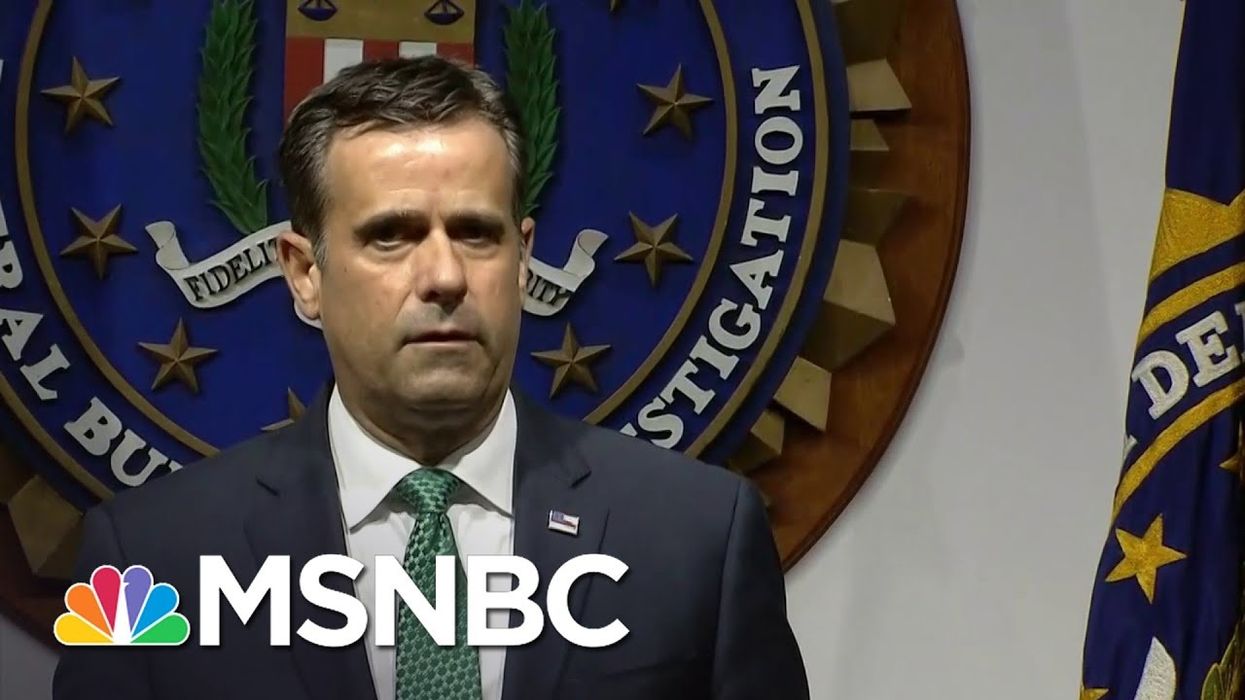Last week we learned Russia and Iran are interfering in the 2020 presidential election. That's concerning, but hardly surprising. It's a reminder that Americans need to be vigilant as the election approaches. And there are some common-sense actions we all can take to make sure these adversarial countries don't succeed in undermining the U.S. vote.
A brief word about Russia and Iran. Russia remains the most significant threat, and its actions in 2016 are well documented. In fact, there's a lot of evidence that Russia has tried to undermine American democracy continuously for the past four years.
Iran may not have the same capabilities as Russia, but it has a long-standing goal of attacking democracy at home and abroad. In November 2019, the Departments of Justice, Defense and Homeland Security, along with the director of national intelligence, the FBI, the National Security Agency and the Cybersecurity and Infrastructure Security Administration all warned that a number of foreign malicious actors, including Russia, China and Iran would "seek to interfere in the voting process or influence voter perceptions" in 2020.
Iran's toolkit includes cyberattacks, disinformation campaigns and malign finance (which entails secretly funding political parties, candidates, campaigns and influential groups). No one seriously questions its ability to acquire publicly available voter data and use it to send spoofed emails to intimidate voters, as DNI John Ratcliffe outlined last week.
There's no evidence any foreign country has been able to change votes or alter voter data in the United State. Still, last week's disclosures underscored that attempts to interfere in the 2020 presidential election are real, and they're ongoing.
There are three important takeaways from the latest developments.
First, the American public must remain vigilant. Election officials must continue monitoring their election systems regularly for signs of unusual activity. Social media companies need to observe their platforms closely for disinformation campaigns. And voters who haven't yet voted should make a plan to do so. They should bring documentation showing their eligibility to vote as a precaution.
Second, all Americans need to be assessing election-related news over the next couple of weeks calmly and cautiously. Check the sources of any information before sharing. If you see something that comes from a reputable source, but aren't sure of its validity, verify it through other reliable sources. And if you're seeking election information, go to the people running your elections — your state and local elections officials.
Finally, if you see something, say something. Potential election crimes — such as disinformation about the manner, time or place of voting — can be reported to the FBI. Make use of tools offered by social media companies to alert them about posts that appear to be spreading false or inconsistent election information. And if you see any potential problems while voting, be sure to raise them immediately with your local officials. That increases the likelihood they can be resolved.
Let's all do our part to help ensure that Americans are the only ones deciding the fate of the 2020 presidential election.
David Levine is an elections integrity fellow at the Alliance for Securing Democracy. Read more from The Fulcrum's Election Dissection blog or see our full list of contributors.




















